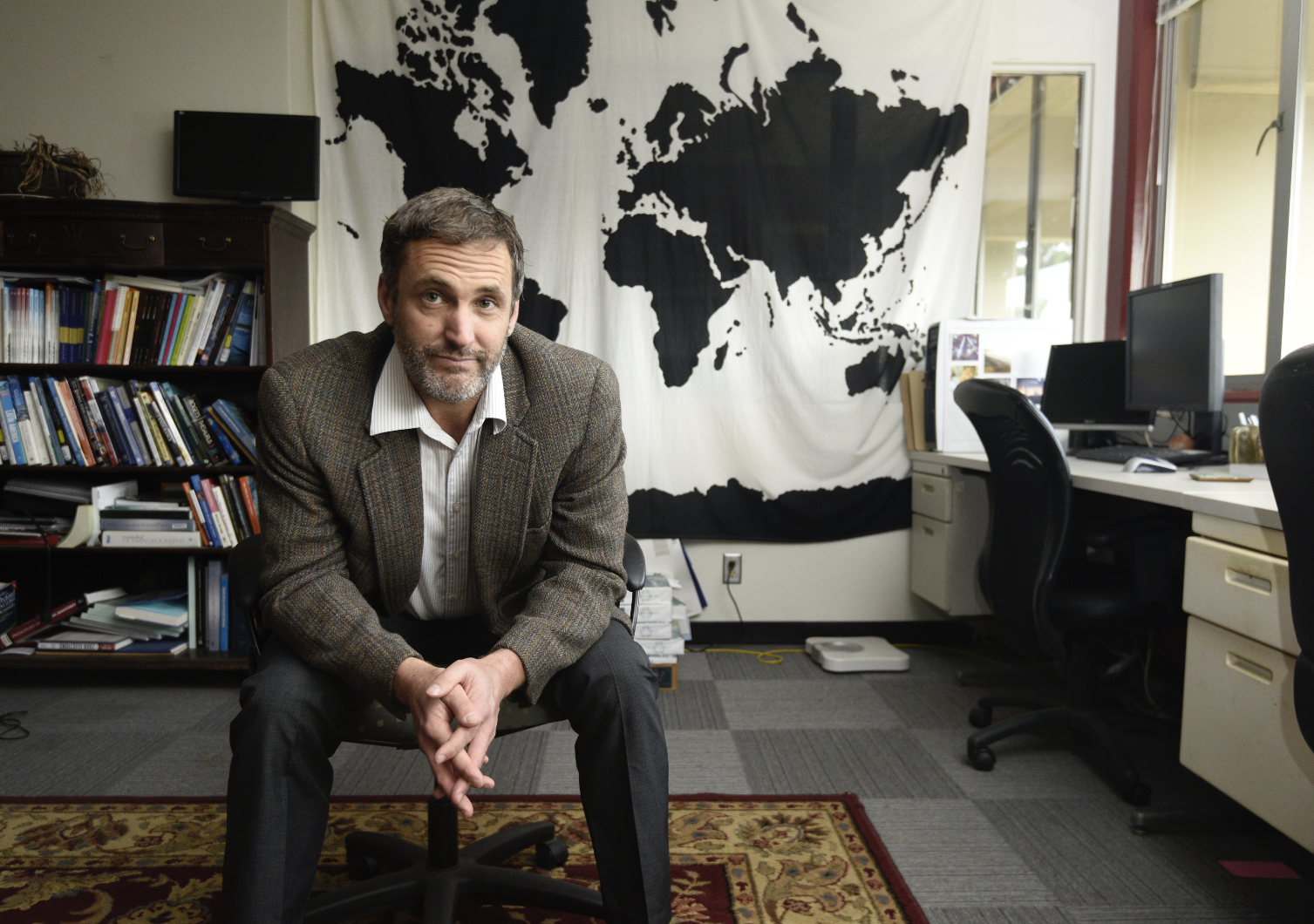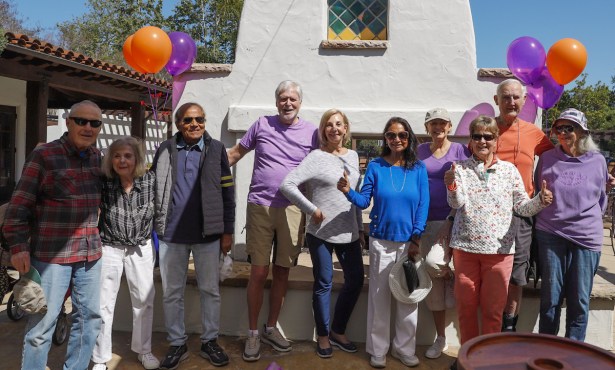UCSB’s David López-Carr Improves Planetary Health
Geography Professor Cofounds the Planetary Health Center of Expertise

When it comes to researching planetary health, UCSB geography professor David López-Carr is at the forefront. In October 2016, he cofounded the Planetary Health Center of Expertise, under which interdisciplinary researchers from the UC system and beyond study the complex interaction of human and natural forces.
Funded by the National Science Foundation and the Gates Foundation, the team is underwriting $1.5 million in creative projects to tackle complicated problems around the globe. One such project is López-Carr’s work with UCSB zoology professor Armand Kuris and two Stanford researchers: They’re introducing prawns (which eat the snails that host parasitic worms that cause disease) to key river systems in sub-Saharan Africa, a problem initially created by the building of dams.
This spring, the center will begin awarding seed grants to candidates from the 10 UC campuses who are studying the consequences of environmental change, particularly in the developing world. The grants will range from $1,000 to $10,000, and López-Carr hopes to distribute between $50,000 and $100,000 annually.
He recently spoke to me about planetary health research.
Tell us about the center. The idea is to study issues that will improve planetary health. It was formed by myself and epidemiologist Woutrina Smith at UC Davis. Her focus and strengths are in animal health, which is connected to environmental and human health. UC Davis specializes in the study of agriculture and land systems, and UCSB has a strong emphasis on coastal life and marine ecology. For these reasons, it was a really good match.
Will it get easier to conduct this research and quiet global change-deniers in the coming years? I hope so. The bottom line is, how can we not do this? How can we not match the resources with addressing this area of science? We can’t sit around and wait. We have to do this today.
Many senior administrators and faculty have responded positively to the reality of environment change core to humans and the intersection with sustainability. But the training and the infrastructure, it will catch up 10, 20 years down the road.
In the late ’90s, I was in a program at the University of North Carolina [that] broke some boundaries. These were people who were not trained [in this corner of science], but they made it happen anyway. I look at what they did and where I’m at mid-career now, and so many of us are doing so well. Now I tell my students, “You’re the beneficiaries of our work.”
Why are the UCs a good place to base this research? The UCs are the place to be. We are the largest, the most powerful, most productive university system in the world.
We have increasingly had incentives from our administration to work together to take advantage of our strengths, to collaborate and work together. It’s very powerful.
The UC system has superior medical schools, some of the top ecology and public health schools, and excellent strengths in modeling and statistics.
It’s also unusually collaborative. The boundaries are relatively flexible, and it is relatively easy to work across departments to introduce new ideas from bottom up rather than top down. I do really feel extremely grateful to be here.
Are you optimistic about the future? I am optimistic. It’s a challenge, [but it’s also] an exciting opportunity.
See the Planetary Health Center website by visiting independent.com/phc.



